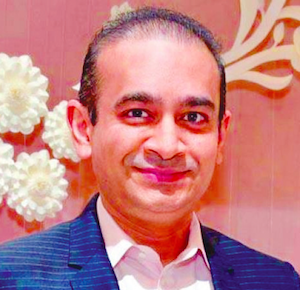
There was a time when Pete Sampras’s tally of 14 Grand Slam singles titles — the last of which came at the U.S. Open in 2002 — seemed like the acme of sporting achievement in men’s tennis. Little did anybody expect that in the next 16 years, across 64 Majors, not one or two but three players would stand shoulder to shoulder with the American great. On Sunday, Novak Djokovic became that third man, defeating Argentine Juan Martin del Potro, for his third U.S. Open title at Flushing Meadows. The 31-year-old Serb has never been considered a once-in-a-generation talent, as have Roger Federer and Rafael Nadal, the ones above him in the trophy count. But nobody represents the modern-day game as well as Djokovic. He is the ultimate practitioner of the attrition-based baseline tennis, and at his best, with his supremely efficient patrolling of the court, is near invincible. Over two weeks in New York he hit these high many times over. In fact, the 95-minute second set in the final was a microcosm of Djokovic’s last two years. It was long and weary as fortunes swung back and forth. But adversity energized him, and he found a level which his opponent couldn’t match. Coming after his triumphant return at Wimbledon in July, the latest success is evidence enough that technically, tactically and physically Djokovic is back to his best.
If it was about the restoration of the old order on the men’s side, it was the continuation of the new in the women’s section. There has been a first-time winner in four of the past six Grand Slam tournaments, and 20-year-old Naomi Osaka added to the eclectic mix by becoming the first Japanese to win a Major. In Serena Williams, the winner of 23 singles Slams, the most by any player in the Open Era, Osaka faced the ultimate challenge. It was also an inter-generational battle like none other. The 16-year age gap between Williams and Osaka was the second biggest in the Open Era for a women’s final, next only to Monica Seles (17) vs. Martina Navratilova (34) at the 1991 U.S. Open. To her immense credit, Osaka wasn’t awed by the stage. While growing up, she had revered Williams. After all, this is someone who chose Williams as her subject for a school essay in third grade. On Saturday she played like she knew the 36-year-old’s game like the back of her hand, absorbing everything the American threw at her, and redirecting them with much more panache. The magnitude of her achievement was nearly drowned out by the chaos in the aftermath of Williams’s tirade against the chair umpire. Yet, the manner in which Osaka, at an impressionable young age, closed out the match with a cold relentlessness showed she is here to stay.
(The Hindu)





Be the first to comment